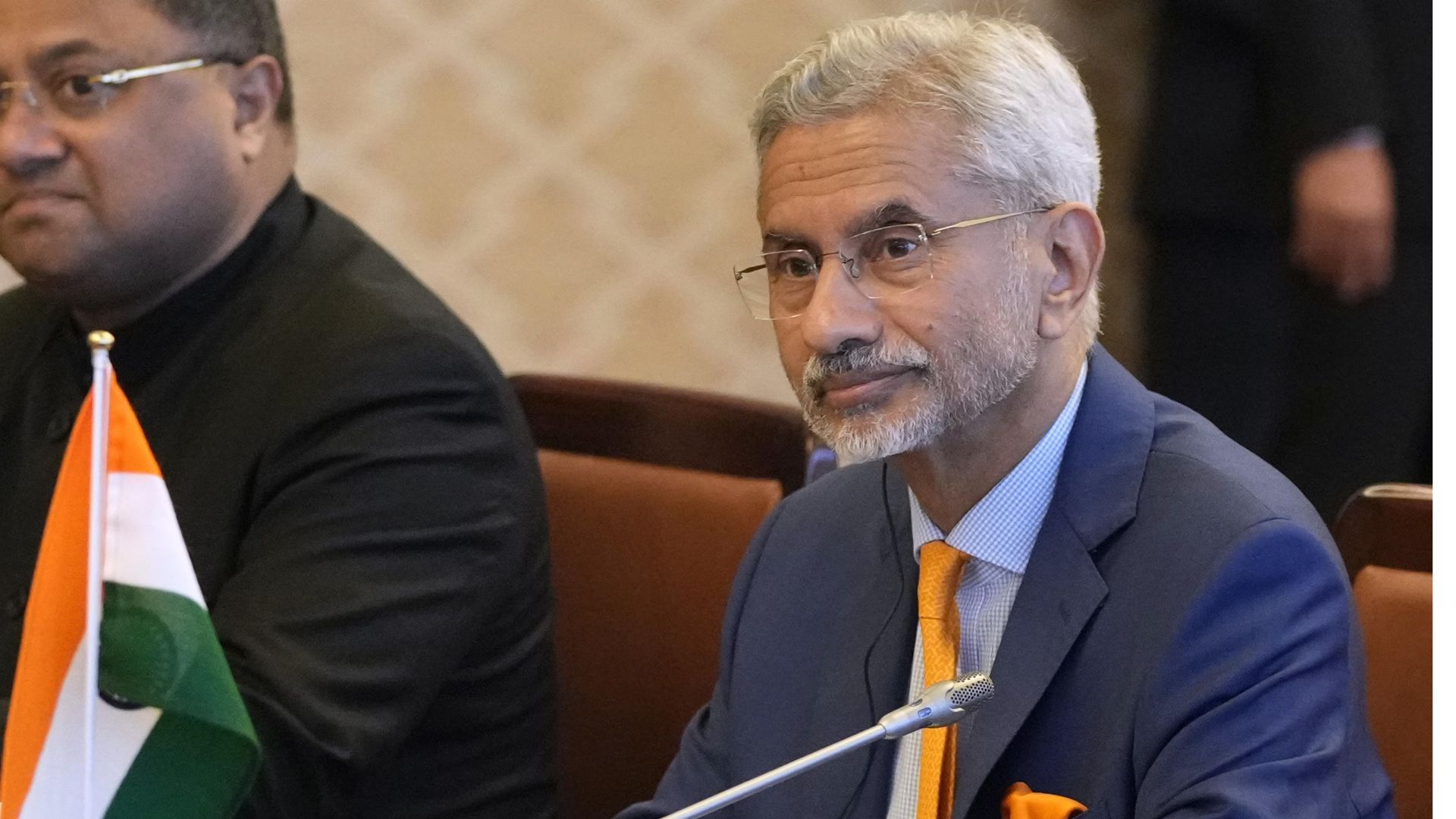External Affairs Minister Dr. S. Jaishankar has called for India’s permanent membership in the United Nations Security Council (UNSC) during his address at the 16th BRICS Summit in Kazan, Russia. He stressed the need for reforming established institutions to foster a more equitable global order and reiterated Prime Minister Narendra Modi’s stance that “this is not an era of war.”
Reforming Global Institutions for Equitable Development
Dr. Jaishankar highlighted the profound changes in the global order brought about by BRICS, while noting that many past inequities persist in new forms. He emphasized the uneven benefits of globalization and how the COVID-19 pandemic, along with various conflicts, has intensified the challenges faced by the Global South.
“The world is in danger of falling significantly behind in realizing the targets of sustainable development goals,” he warned. He outlined several measures to create a more equitable global order, including:
- Strengthening Independent Platforms: Expanding choices and reducing reliance on those that can be leveraged.
- Reforming the UNSC: Updating both permanent and non-permanent member categories, as well as reforming multilateral development banks.
- Democratizing the Global Economy: Establishing more production hubs to enhance supply chain resilience.
- Correcting Colonial Infrastructure Distortions: Improving global connectivity options while respecting territorial integrity.
- Sharing Innovative Initiatives: Promoting initiatives like India’s Digital Public Infrastructure and the International Solar Alliance.
Dr. Jaishankar’s remarks come amid India’s longstanding demand for a permanent UNSC seat, which has gained support from major global powers, including the US, UK, and France.
Addressing Global Conflicts with Diplomacy
In his address, Dr. Jaishankar also touched upon the ongoing conflicts in West Asia and Ukraine, reiterating the importance of dialogue and diplomacy in conflict resolution. He noted that “disputes and differences must be settled by dialogue,” emphasizing adherence to international law and a zero-tolerance policy for terrorism.
He expressed concerns over the situation in the Middle East, stating, “There is widespread anxiety that the conflict would spread further in the region,” and reiterated India’s long-held position advocating for a two-state solution in the Palestine issue.









